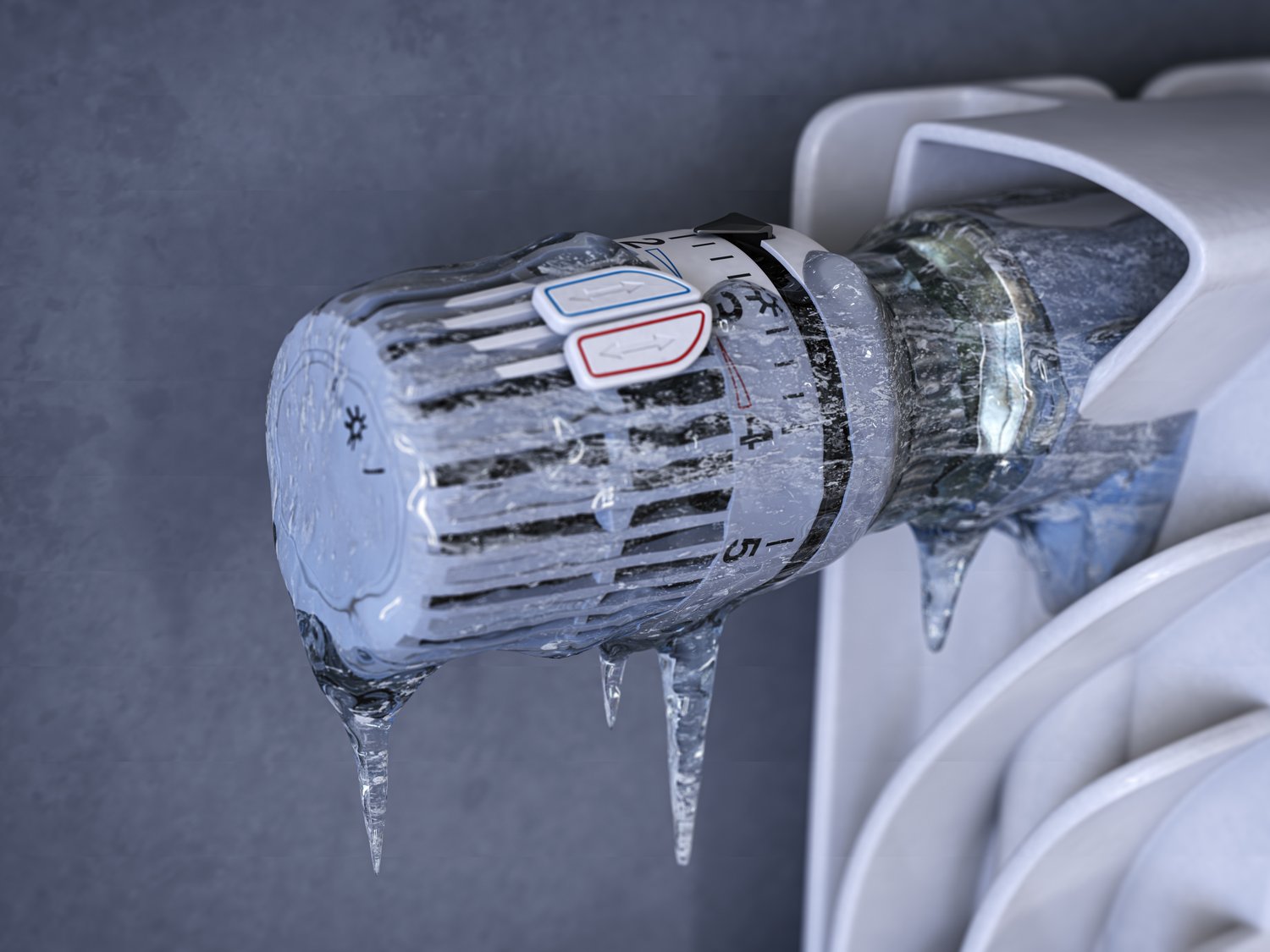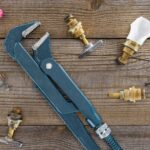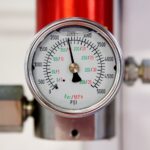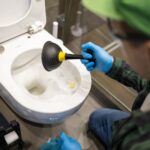Winter’s chill can turn from brisk to unbearable if your heat pump decides to quit on a cold night. Navigating heat pump breakdowns during the winter months is crucial, not just for your comfort but also for avoiding costly repairs. As temperatures drop, understanding how to address these emergencies effectively is vital for keeping your home warm and your system running smoothly.
- Discover the most common heat pump problems that can occur in wintertime and learn how to swiftly address them.
- Explore quick solutions for frequent issues like frozen coils and reduced efficiency to maintain warmth in your home.
- Learn important maintenance tips to prevent breakdowns and keep your heat pump performing optimally all winter long.
- Gain insights on potential power supply issues that can impact your heat pump’s operation during the colder months.
- Understand when it’s essential to call in a professional to handle more complex heat pump problems safely and effectively.
By staying informed about potential heat pump issues and their solutions, you can ensure a warm and comfortable winter. This article provides you with critical information, from immediate fixes to long-term preventative strategies, helping you manage your heating system with confidence and savvy.
Identifying Common Heat Pump Problems: Emergency Solutions for Winter Breakdowns
During the chilly winter months, maintaining a reliable heating system is crucial. Heat pumps, known for their efficiency, can encounter several issues when temperatures drop. The most common challenges include frozen coils and reduced efficiency. Recognizing these problems early can prevent total system breakdowns.
A frozen coil is often a result of restricted airflow due to blocked filters or ice accumulation. This issue can severely impact your heat pump’s ability to function. Additionally, reduced efficiency may arise when a heat pump struggles to maintain the set temperature, often due to inadequate maintenance or thermostat issues.
Identifying these problems involves careful observation. Look for signs such as unusual noises, frequent cycling on and off, or visible ice on the outdoor unit. By regularly inspecting your heat pump during winter, you can catch these signs early and implement necessary emergency solutions to avoid further complications.
Quick Fixes for Frozen Coils and Reduced Efficiency
If you notice that your heat pump is suffering from frozen coils or reduced efficiency, there are several immediate solutions you can try. Addressing frozen coils typically involves improving airflow. Start by checking and replacing or cleaning dirty filters to ensure the system can breathe properly.
Another tip is to inspect the outdoor unit for ice. If ice is present, gently remove it. You can use a garden hose with warm water to carefully melt away the ice. Ensure the defrost cycle is functioning correctly, which helps prevent future freezing.
For efficiency issues, a simple thermostat adjustment can often do the trick. Make sure your thermostat is set to the correct mode and temperature. Sometimes, switching the system over to emergency heat for a short time can restore balance.
Implementing these quick fixes not only enhances your heat pump’s performance but also provides a temporary solution while you consider more permanent measures or seek professional assistance.
Preventative Maintenance: Avoiding Heat Pump Problems: Emergency Solutions for Winter Breakdowns
Ensuring your heat pump operates efficiently during the coldest months requires diligent preventative maintenance. Regular inspections are vital to catch minor problems before they escalate into major failures. Start by scheduling routine checks, ideally before the winter season begins, to assess your system’s overall health.
Focus on cleaning and replacing air filters. Dirty filters reduce heating efficiency and air quality; hence, they should be checked monthly. Additionally, ensure that the outdoor unit remains free of debris, snow, or ice build-ups, as these can severely affect performance.
A well-maintained heat pump can run up to 40% more efficiently, and timely servicing helps identify issues such as refrigerant leaks or electrical faults early on. Regular servicing by a professional can extend the lifespan of your system, ultimately providing long-term cost savings and uninterrupted comfort during harsh winters.
Addressing Power Supply Issues in Winter
Power supply disruptions are another challenge commonly faced during the winter, which can lead to heat pump malfunctions. It’s essential to ensure that the electrical supply to your unit is stable and uninterrupted. Begin by checking the circuit breakers to ensure they haven’t tripped, which is a common occurrence when the demand for electricity peaks.
Loose wiring and electrical connections can also lead to intermittent power supply issues. If you suspect faulty wiring, it’s best to have a qualified electrician inspect your system, as improper handling can pose safety hazards.
Furthermore, power outages are more frequent during winter storms, so consider investing in an uninterruptible power supply (UPS) or a back-up generator. These solutions provide a temporary power source that keeps your heat pump running until the main supply is restored, ensuring continuous warmth.
When to Call a Professional for Heat Pump Problems: Emergency Solutions for Winter Breakdowns
Understanding when to seek professional assistance for heat pump problems can save time, money, and stress during the cold winter months. While some issues can be managed with quick fixes and regular maintenance, certain situations require the expertise of a trained technician.
Strange Noises or Unusual Smells: If your heat pump is emitting unfamiliar noises like grinding, screeching, or banging, or if there are unusual odors, these could indicate serious mechanical issues or electrical faults that need immediate professional attention. Catching these signs early can prevent further damage and ensure safety.
System Not Heating Adequately: A persistent lack of adequate heating can suggest underlying problems such as compressor failure or refrigerant leaks. A certified technician can diagnose these issues properly, ensuring that your system returns to optimal efficiency and that your home or business remains comfortably warm.
Repeated Tripping of Circuit Breakers: If your heat pump causes frequent power disruptions or trips the circuit breaker multiple times, this could point to an electrical problem that needs a professional electrical technician’s evaluation and repair. It’s crucial to address these issues promptly to prevent potential safety hazards or further electrical damage.
Persistent Ice Formation: While some ice buildup can be managed with defrosting techniques, persistent or excessive ice formation on the heat pump might indicate a faulty defrost cycle or malfunctioning components. A professional can identify and repair these complex issues, preventing more extensive damage to the system.
Knowing when to call a professional for heat pump problems during winter breakdowns can be crucial for the efficient and safe operation of the system. Don’t hesitate to contact an expert when facing these signs, ensuring that problems are resolved effectively to restore comfort and warmth in your home or business.
Frequently Asked Questions on Heat Pump Problems
What causes frozen coils in a heat pump?
Frozen coils can be caused by restricted airflow, malfunctioning defrost control, or low refrigerant levels.
How can I quickly defrost frozen coils?
Turn off the heat pump and set the fan to run continuously to help thaw the coils.
Why is my heat pump not heating efficiently?
Check for dirty filters, blocked vents, or incorrect thermostat settings.
What preventative maintenance can help avoid heat pump issues?
- Regularly replace filters.
- Clear debris around the outdoor unit.
- Schedule professional inspections.
How do I troubleshoot power supply issues?
Check the circuit breaker, inspect fuses, and ensure the power switch is on.
When should I call a professional for heat pump repair?
If you notice a consistent strange noise, recurrent tripping breakers, or persistent heating issues, contact a technician.





